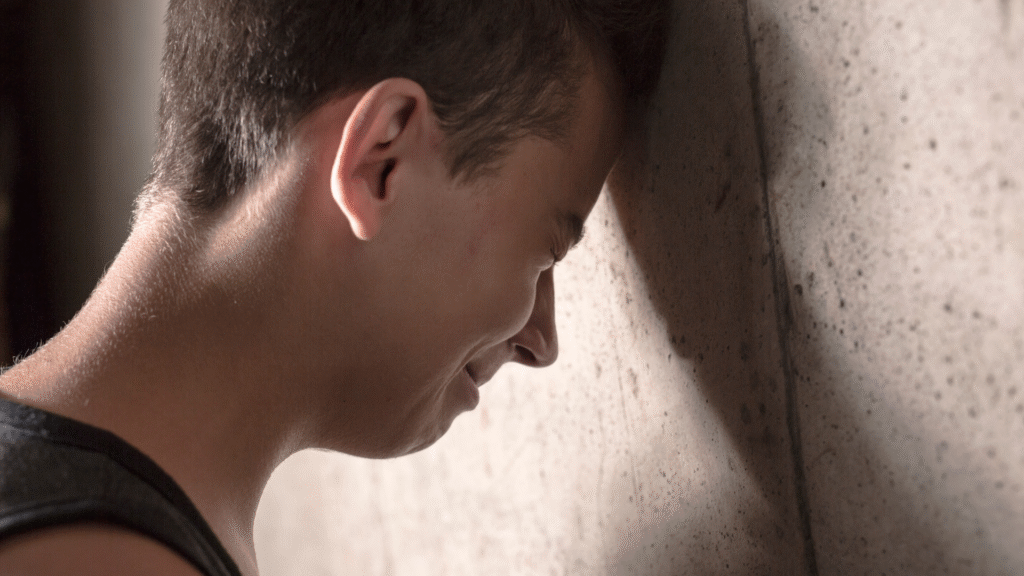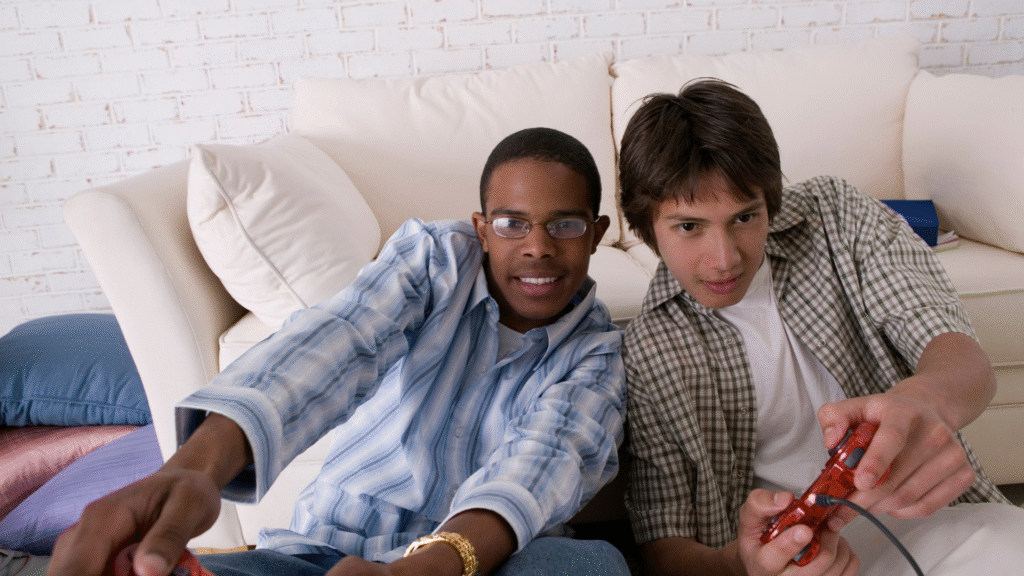Parenting teens can feel like trying to herd cats while juggling flaming torches. But there’s a pattern to some of the chaos, and if you recognize these habits early, you might just survive the teenage years without losing your mind. Here’s a playful, slightly brutal, but oddly insightful guide to the “7 Habits of Highly Defective Teens.”
Habit 1: React, Don’t Reflect

Your teen’s motto: “Blame everything on everyone else.” Homework is too hard? The teacher is out to get them. Missed curfew? Obviously, it’s the government’s fault. Hunger? Starvation is society’s problem.
Experts in adolescent psychology note that teens are still developing the part of the brain responsible for impulse control and reflection. Dr. Jane Thompson, a behavioral researcher, explains, “Teens often react first and think later. It’s not laziness—it’s brain development.” So while it feels like they’re deliberately pushing your buttons, it’s partially biology… and partially teenage mischief.
Habit 2: Begin With No End in Mind

Planning for the future? Not on their radar. Teens can live entirely in the moment, ignoring consequences like they’re invisible. College applications? Pfft. Budgeting their allowance? Nah. They’re busy maximizing every dopamine hit they can get—from TikTok marathons to weekend parties. While the thrill of living in the moment is part of growing up, experts warn that guidance and gentle goal-setting are crucial. Parents can help teens dream responsibly while letting them taste freedom.
Habit 3: Put First Things Last

Priority setting? Forget it. Your teen will binge-watch shows, scroll endlessly, and chat on the phone before even thinking about responsibilities. Studies show that procrastination in teens is often tied to low motivation and anxiety, not sheer defiance. The key? Help them find a rhythm. One mom shares, “I let my teen choose which homework to tackle first. Making the choice themselves gives them ownership and reduces the battle.”
Habit 4: Think Win-Lose

Teens can sometimes view life as a zero-sum game. If a friend succeeds, they feel like they failed. Peer competition is real, and social hierarchies can feel like survival of the fittest. Encouraging collaboration over competition and modeling empathy helps counteract this mindset. Team sports, creative group projects, or family challenges are ways to foster healthy win-win thinking.
Habit 5: Seek First to Talk, Then Pretend to Listen

Ever try talking to a teen who’s “listening” while scrolling through memes? Classic. Communication is often one-sided. They’re discovering their voice, and sometimes that means talking first and hearing later. Psychologists suggest using active listening games or family check-ins to model what respectful conversation looks like. A little practice goes a long way toward reducing daily conflicts.
Habit 6: Don’t Cooperate

Teens are naturally self-focused; independence is their superpower. Teamwork? Meh. They think their ideas are flawless, their plan is bulletproof, and everyone else is just an obstacle. Experts remind parents that encouraging group activities, volunteering, or collaborative hobbies helps teens develop social skills and empathy. Slowly teaching them that cooperation doesn’t equal weakness can prevent some of that stubborn isolation.
Habit 7: Wear Yourself Out

Finally, the art of being busy… without growth. Many teens pile activities on their schedule—video games, social events, endless scrolling—without taking time for self-reflection, learning, or health. Encouraging balance is essential. Teens who engage in hobbies, read for fun, exercise, or spend time in nature report better emotional resilience and focus.
The Takeaway
Teens may be a whirlwind of chaos, sarcasm, and eye rolls, but many of these “defective habits” are just part of the growth process. Spotting them early, offering guidance without judgment, and sprinkling in humor can save your sanity—and maybe even turn some habits around before they become lifelong patterns. Parenting a teen is challenging, but it’s also a wild, unforgettable adventure.






